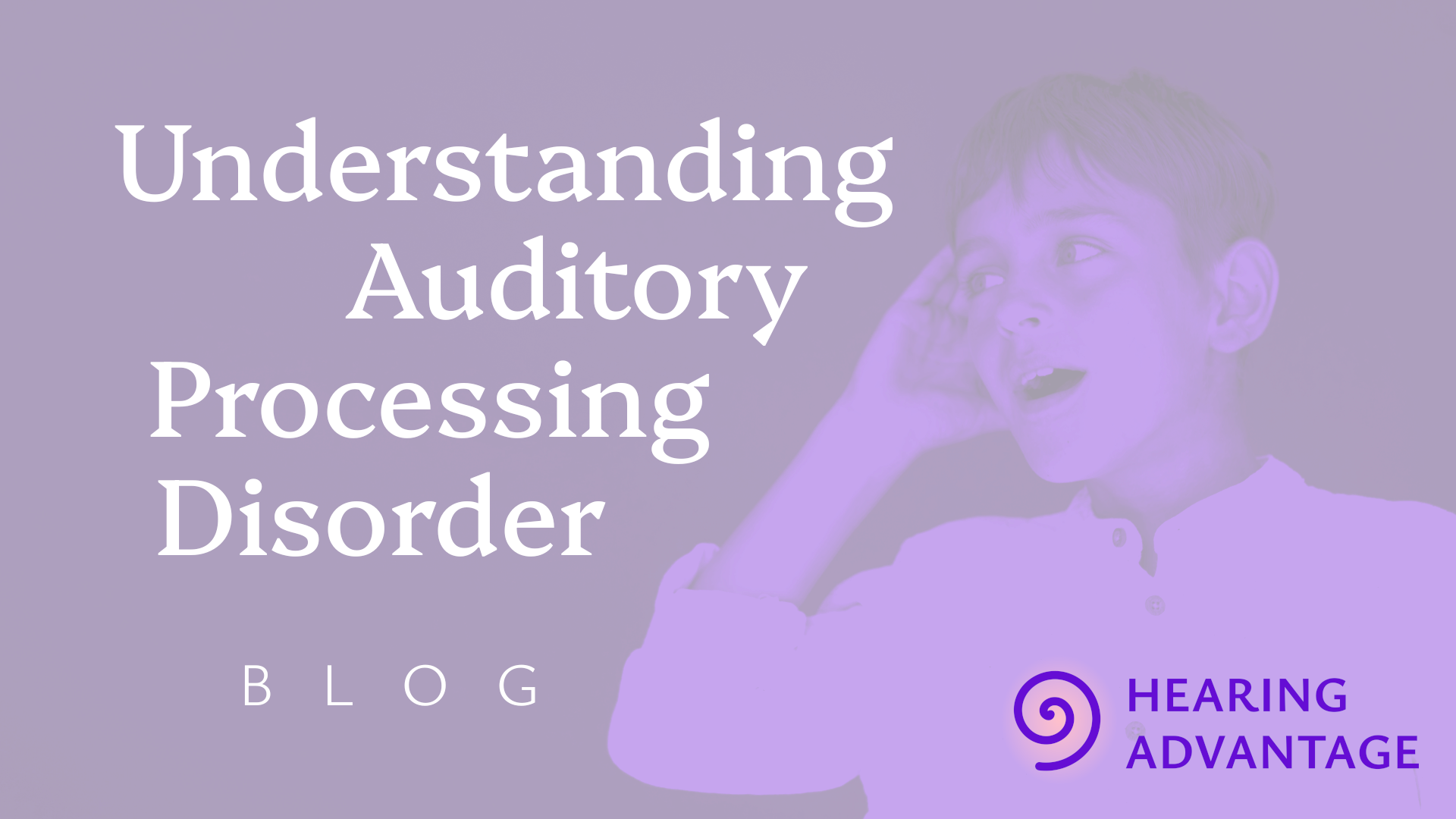Have you ever met someone who seems to hear you, but then struggles to remember what you said? This could be related to a condition known as Auditory Processing Disorder (APD), specifically the type called “auditory memory.” In this blog, we will explore what auditory memory means, how it is diagnosed, and the treatments available to help those who struggle with it.
What is Auditory Memory?
Auditory memory is our brain’s ability to remember sounds and information we hear. It helps us follow conversations, remember details from a teacher’s instructions, or recall lyrics to our favorite songs. For someone with auditory memory difficulties, this process is challenging. They might hear the words but may not retain them well, leading to misunderstandings or forgetfulness.
Diagnosis of Auditory Memory APD
Diagnosing auditory memory problems usually starts with a trip to an audiologist. An audiologist is a professional who specializes in hearing and how we process sounds. The diagnosis process often includes:
1. Hearing Tests: First, the audiologist will check if there are any underlying hearing issues. This helps rule out other problems.
2. Listening Tests: Next, specific tests measure how well the person can remember sounds or spoken information. These tests may involve repeating back numbers or sentences after hearing them.
3. Parent and Teacher Input: For children, gathering observations from parents and teachers can provide insight into where the difficulties lie in everyday situations.
Once all the information is collected, the audiologist can determine if a person has auditory memory challenges related to APD.
Treatment Options
If an individual is diagnosed with auditory memory APD, there are effective treatments available to help. Here are a few common approaches:
1. Auditory training: This involves listening exercises designed to improve memory skills. These can be done at home or with a therapist, focusing on recognizing sounds or recalling information after hearing it.
2. Use of strategies: Learning different strategies can help. For example, making notes, using visual aids, or developing routines can make it easier to remember information. Adults and children alike can benefit from tips like repeating information out loud or breaking it down into smaller parts.
3. Classroom accommodations: If the person is a student, teachers may offer help by giving extra time on tests or providing written instructions in addition to verbal ones.
4. Therapy: In some cases, working with a speech-language pathologist can be helpful. They can provide targeted exercises and support to improve communication and memory skills.
In Conclusion
Living with auditory memory challenges can be frustrating. However, with the right diagnosis and treatment, people can learn to manage their difficulties effectively. If you or someone you know is struggling with remembering what they hear, don’t hesitate to reach out to a professional for help. Remember, understanding is the first step toward improvement!

